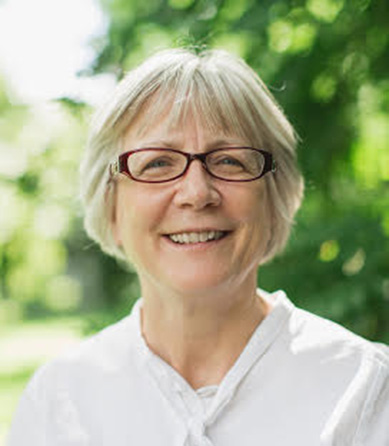Kim settled in by the window, bag packed, waiting eagerly for her daddy to arrive. But as the bright day darkened and then turned to night, her enthusiasm faded. She realized Daddy wasn’t coming—again.
Kim’s parents were divorced, and she longed to spend time with her father. Not for the first time she thought, I must not really matter. He must not love me.
As Kim later learned—and as all of us who receive Jesus as our Savior come to know—though our earthly parents and others will disappoint us, we have a heavenly Father who loves us and won’t let us down.
John, the author of three inspired, biblical letters and the gospel bearing his name, understood the depth of God’s love. In fact, he referred to himself as “the disciple . . . Jesus loved” (John 21:20), identifying himself as someone whose life had been changed by Christ’s love for him. “See what great love the Father has lavished on us, that we should be called children of God! And that is what we are!” he wrote (1 John 3:1).
God loves us so much that He gave His Son Jesus who laid down His life for us (v. 16; John 3:16). He is always available to us in prayer, and He promises, “Never will I leave you; never will I forsake you” (Hebrews 13:5). We can rest secure in His love.
